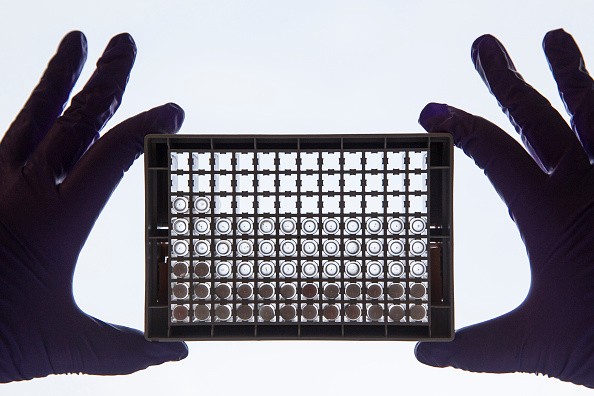
A class of cancer drugs called checkpoint inhibitors boosts the body's immune system to fight cancer. Drugs in this class have been found to be effective against lung cancer and melanoma.
New research has found that some tumors have a particular genetic signature that can predict which patients will benefit from these chemotherapy drugs. This finding may help extend the use of these drugs to selected patients with colorectal cancer, prostate cancer, and other tumors where they currently do not seem to work.
Checkpoint inhibitors work by turning off checkpoints, which are mechanisms that inhibit immune cells and act like brakes and which prevent the immune system from attacking cancer. Three checkpoint inhibitors are already approved to treat melanoma in the United States: Keytruda, Opdivo, and Yervoy.
Opdivo (nivomulab) is also approved to treat one form of lung cancer, squamous-cell non-small-cell lung cancer. Patients treated with Opdivo lived a median of 12.2 months compared with 9.4 months for those treated with other chemotherapy. Some patients who had tumors that produced a specific protein did even better, with a median survival of 17.2 months.
The results of several studies on checkpoint inhibitors were announced at the annual meeting of the American Society of Clinical Oncology. Opdivo was found to significantly shrink tumors in 19% of patients with advanced liver cancer and Keytruda in 25% of patients with head and neck cancer. Other studies found that this class of drugs can help some patients with kidney, bladder, stomach, and other cancers, but that they have limited effectiveness in treating colorectal, prostate, and pancreatic cancer.
The reason that checkpoint inhibitors may not work in certain cancers is that some cancers have a genetic defect called mismatch repair deficiency that prevents the repair in changes in DNA, and which allows mutations to build up. But when Keytruda was used to treat patients with colorectal cancer who were found to have mismatch repair deficiency, their tumors shrank.
One drawback to these drugs is that they are expensive. Keytruda and Opdivo cost about $150,000 per year.

